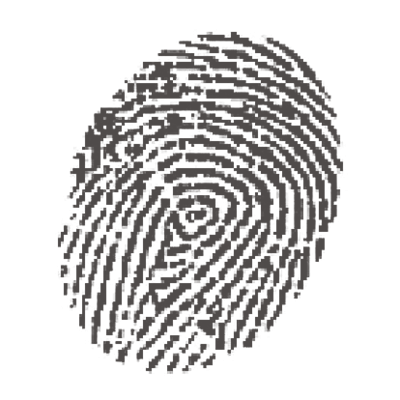articles: personal data
Nagrywanie rozmów, które pracownicy call center prowadzą z klientami, prowadzi do przetwarzania danych osobowych pracowników przez pracodawcę jako administratora danych osobowych. W zależności od zastosowanych rozwiązań technicznych dane te będą obejmować samą treść słów wypowiadanych przez pracownika (i jego rozmówcę) lub, dodatkowo, metadane związane z nagrywaną rozmową (np. czas trwania czy godzina rozpoczęcia i zakończenia).
Chatbots and voicebots are being increasingly used for interactions between employers and employees. They help employers meet their obligations to employees, such as serving as a tool to provide information about procedures at the employer or how to carry out certain tasks. They also help in managing employment, as a communications tool for basic HR issues.
Employers, especially those that are part of foreign groups, sometimes wish to carry out background checks, to analyse information concerning the circumstances or status of job candidates or employees beyond the extent of their legal right to do so.
When an employee has been absent for a long period of time, or in other circumstances where an employer is having difficulties contacting an employee via official means of communication, HR departments often wonder whether they can use an employee's private contact data. Some more cautious employers introduce employee questionnaires requesting a private e-mail address or telephone number, or collect this data from employees in a different way. How does the issue of obtaining private contact data look from a data protection law perspective?
Exit interviews, namely interviews which employers hold with employees whose employment is ending, are widely used by HR departments and may provide useful information regarding managing the workplace. In today’s piece, we will take a look at exit interviews from the perspective of data protection legislation.
This is the fourth in a series of articles in which we discuss the duties of a data controller with respect to data protection breaches in the employment context, drawing on Guidelines 01/2021 on Examples regarding Personal Data Breach Notification adopted on 14 December 2021 (version 2.0) from the European Data Protection Board (EDPB).





